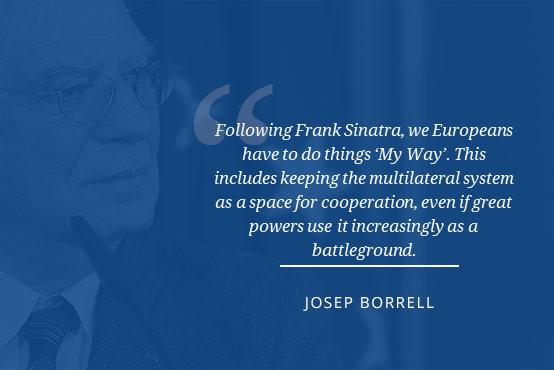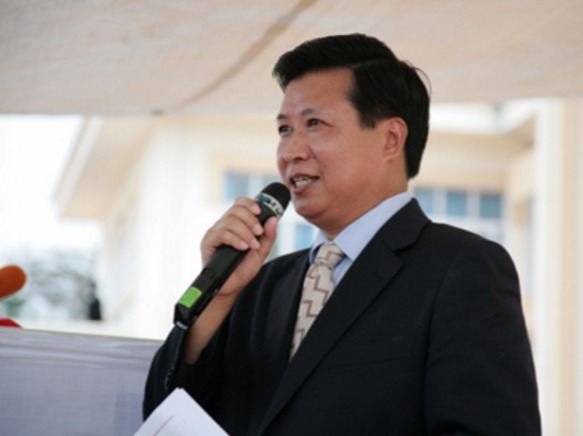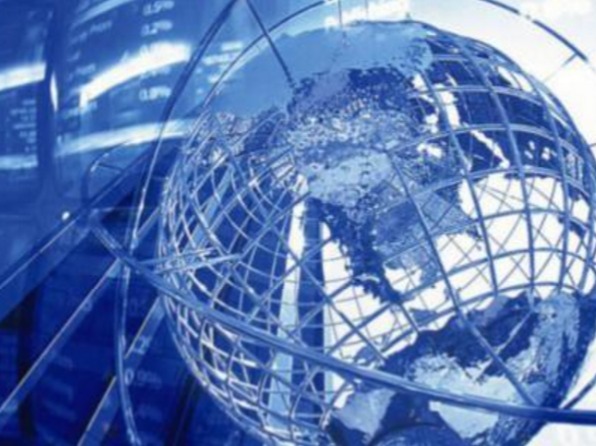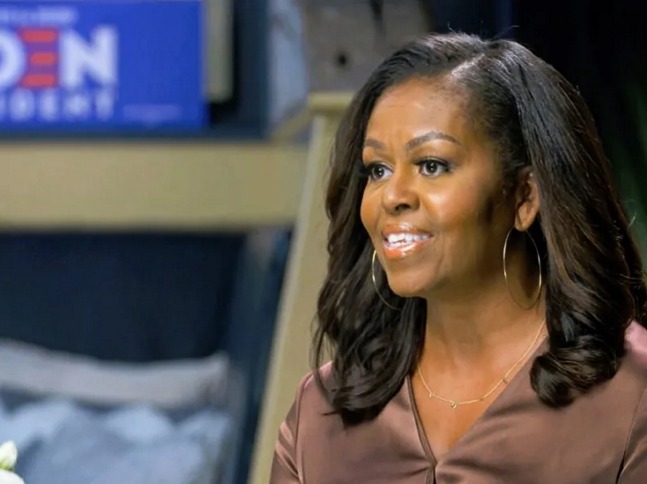
The coronavirus crisis is creating a more competitive global environment, with confrontation growing faster than cooperation. As EU, we face rougher seas and risk getting caught in the cross-currents of major powers telling us to “pick a side”.
Things that were treated as technical and not ‘high politics’, such as investment and trade, technologies and currencies, are now part of open competition or even confrontation. Things that you could rely upon as solid, such as facts and science, are now being challenged and part of a battle of narratives, amplified through social media.
For the EU it is not always easy to keep our balance when the cross-currents are getting stronger. We should be clear-eyed, and not naïve or nostalgic, on how we can best respond. Events this week were good examples of what this means.
Keeping the right balance in EU-China relations
On Tuesday, I met my Chinese counterpart Foreign Minister Wang Yi, an extraordinarily experienced diplomat, for the EU-China Strategic Dialogue. It was three hours of intense discussions, both frank and useful.
China is playing an ever-growing role in global politics, and we have great interest in working together on the many issues where its role is essential, from the recovery of the pandemic to climate change and sustainable connectivity. All this and more forms a big, positive agenda for EU-China cooperation.
We also want to work with China on issues where we are apart but where good faith negotiations can produce good outcomes for both sides. Take market access and the negotiations on a bilateral Comprehensive Agreement on Investment. These negotiations have been going on for years and I hope we can conclude them as soon as possible to end the current situation of asymmetric openness. From procurement to 5G to e-commerce and financial services, we lack a level-playing field and we need to ensure reciprocity.
We have also to “do our homework” in that area: this includes measures that are in place or in development on investment screening, procurement reciprocity, the diversification of supply chains or the stockpiling of strategic products. The overall aim is to empower Europe to deal with a more competitive geo-political landscape.
We also discussed debt relief for Africa, where more efforts on the Chinese side would be welcome.
At the same time, there are aspects where our relations are more competitive in nature because our values and political systems are fundamentally different. This too I discussed with the Foreign Minister. On Hong Kong and more broadly on human rights, each side stated its position, but the principal gaps remain.
Our relations with China are unavoidably complex and multi-faceted. The words “systemic rival” have drawn a lot of attention, maybe more for the “rival” than the “systemic” part of the expression. But it doesn’t mean that we are embarking in a systematic rivalry.
Disinformation and the challenge for democratic societies
Another field in which competitive differences dominate is disinformation. Last Wednesday, together with Commissioner Jourová, we presented a Joint Communication on disinformation.
The information space is increasingly a battlefield where warriors wield keyboards rather than swords. The coronavirus pandemic has been accompanied by a massive infodemic. We have witnessed a wave of false and misleading information and of targeted influence operations by foreign actors, aimed at harming the EU and its Member States.
The European External Action Service has been fighting disinformation coming from foreign sources since 2016. At the beginning, they were mainly Russia-related. Now, China among others has also entered this space – and we said so. We underlined the need to protect our democratic systems from this type of threat.
Staying the course in the EU-US-China triangle
We will continue to discuss and work on these issues also with the United States. This Monday Secretary of State Pompeo will join EU Foreign Ministers meeting by video link. Both the China and disinformation aspects are sure to feature prominently.
The Transatlantic relationship remains vital for us in Europe and the values we share form its bedrock. But it is also facing stresses and strains. The Trump administration has taken unilateral decisions with which we do not always agree.
But some underlying changes are not just a matter of the current US administration. For instance, US-China relations are set on a path of global competition, regardless who will be in the White House next January. And this confrontation will frame the future world order.
This is the context in which the EU has to position itself. Amid US-China tensions as the main axis of global politics, the pressures to “choose sides” is increasing. The media commentary around both the Strategic Dialogue and the disinformation package involved quite a bit of spinning.
It is no secret that the 27 Member States have differing views on how to best approach this. Some push for alignment, others for equidistance. As High Representative in search of a Common Foreign and Security Policy I know these dynamics very well.
We should adopt a strategic approach, meaning we must uphold and defend our own interests and values. We must use as compass not the expectations or pressures from outsiders, but what we as EU want and need.
One way to think about all this is to go for the ‘Sinatra doctrine’, as some media have described it. We as Europeans have to do it ‘My Way’, with all the challenges this brings. The European Way for sure includes working with like-minded to keep the multilateral system as a space for cooperation, even if great powers use it increasingly as a battleground.
Waiting for the storm to pass is not an option. The point of belonging to the European Union is that we navigate these waters together. We should keep our ship on an even keel, using our interests as our compass.
Some may say ships are safest in the harbour. But that’s not where ships are meant to be.
From the blog
(The author is Josep Borrell, High Representative for Foreign Affairs & Security Policy of the European Union/Vice-President of the European Commission)

Zhou Yuxiao, Ambassador for Affairs of FOCAC of the Foreign Ministry of the People’s Republic of China, reflects on the implementation of the outcomes of the last FOCAC Summit held in Beijing in 2018, the challenges incurred since and his expectations of the upcoming Senegal meeting.

We all know that multilateralism is essential to our world vision but also facing strong headwinds. However, with the new US administration in office there is a real opportunity to work for its revival even if this is not going to be an easy task. First because there are differences all over the world about how to rebuild it. Second because in a multipolar and fractured world, the geopolitical basis for multilateralism is changing. Third because Europe, like other global players in the world, will have to work in a more assertive way to advance its interests in a more transactional world.

Last month, President Xi Jinping pledged that China would become carbon neutral by 2060. This announcement could be a tipping point in the global fight against climate change. It will accompany European efforts in the field of climate diplomacy.

It's a hard time, and everyone's feeling it in different ways. And I know a lot of folks are reluctant to tune into a political convention right now or to politics in general. Believe me, I get that. But I am here tonight because I love this country with all my heart, and it pains me to see so many people hurting.I've met so many of you. I've heard your stories. And through you, I have seen this country's promise. And thanks to so many who came before me, thanks to their toil and sweat and blood, I've been able to live that promise myself.